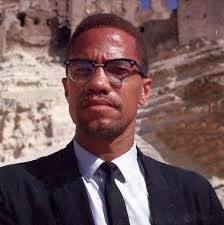Chicago's Disciple
He was groovin'
and that was when he coulda sworn
the room was movin'
But that was only in his mind
He was sailin'
he never really seemed to notice
vision failin'
'cause that was all part of the high
Sweat was pourin' --
he couldn't take it
The room was exploding --
he might not make it.
"Angel Dust" Gil Scott Heron
These were the words recited by Gil Scott Heron the song is entitled "Angel Dust" because his lyrics were evoking social consciousness about the drug that was sweeping urban cities in America. Gil Scott Heron was a jazz poet, songwriter, singer, and composer that laid the foundation to the genre of Rap & Hip Hop many would say James Brown is the most sampled artists by rappers today. Although I must say Gil Scott Heron has given his money's worth. I recently watched an episode of the TV One music documentary series and Gil Scott Heron was featured I realized I have listened to his music all of my life.
Gil Scott Heron is most notable for his work during the 1970s and 1980s he often critiqued racism, politics, international issues, etc. he is best known for the "Revolution Will Note Be Televised." He grew up in Chicago born on April 1, 1949 although he was raised in Tennessee and New York his grandmother influenced his music sytle in addition to his musical gifts he was an accomplished student and author. As a teenager he wrote detective stories and earned an academic scholarship to Lincoln University. His first novel was published when he was 19 "The Vulture." His first album was called "Small Talk at 12th and Lenox" while his second novel would be released called "Nigger Factory."
Gil Scott Heron walked to the beat of his own drum and was anti-mainstream although he was the first artist signed to Clive Davis's record label Arista in 1974. His longtime collaborator and college friend in music was Brian Jackson together they made magic and became stars in the "Black Power Movement Era." Gil Scott Heron passed away in 2011 at the age of 62. I am so glad we will have access to his music and spoken word for years to come.
Sources
TV One Unsung
The New York Times,



_cover_art.jpg)


Comments
Post a Comment